Vincente Lusitano: Motets; The Marian Consort, LINN Records
Reviewed 5 December 2022; (★★★★★)
This disc from The Marian Consort presents a little more than a third of the total surviving output of a composer who virtually disappeared from the historical record. A glimpse into a richly imaginative work, performed with luminous clarity
Like many Renaissance composers, we know frustratingly little about the life of Portuguese composer Vincente Lusitano. Even his name isn't a help, it simply means Portuguese. He appears in the historical record for around a decade, then disappears again. Later sources fill in some background, but a manuscript by João Franco Barreto written in the mid-seventeenth century provides one important key. João Franco Barreto describes Lusitano as ‘pardo’, a Portuguese term used to denote a mixed-race person of European and African parentage. Thanks to the significant slave trade in 16th century Portugal, there was a significant population of people of African descent. Lusitano was a priest, and whilst mixed-race men did become priests the salaried posts were all reserved for white men.
Thanks to the publication of his book of motets in Rome in 1551, Lusitano becomes the first published Black composer. During the 1550s, Lusitano was the music tutor to the son of the Portuguese ambassador to the Holy See, and the book of motets is dedicated to the ambassador, so it is presumably him that we can thank for the book's production. Unlike some composers, Lusitano's music does not seem to have been spread by word of mouth with manuscript copies circulating. His reputation during his lifetime was mainly as a theorist rather than as a composer, and some of his music was created to demonstrate these theories.
So, what do we have of Lusitano? Well, there is the published book from 1551, Liber primus epigramatum containing 23 motets, plus a published treatise and another manuscript treatise both of which are concerned with improvised counterpoint. The manuscript treatise includes one of Lusitano's motets as a demonstration. There is also one, intriguing survival, one of Lusitano's motets in a book from the ducal court in Stuttgart, dated 1562. The historical record for Lusitano stops at 1561 when he seems to have converted to Protestantism, married and was seeking a post in Germany.
This disc of Vincente Lusitano's motets from The Marian Consort, artistic director Rory McCleery, on Linn Records, provides us with something of an overview. The ensemble presents ten of Lusitano's motets, performed by a vocal ensemble of 15 singers.

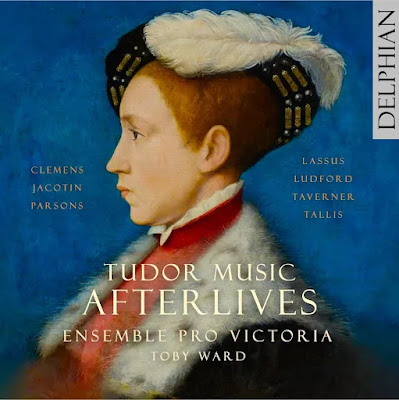



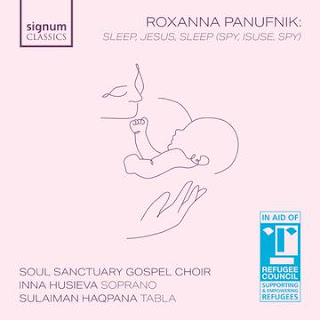



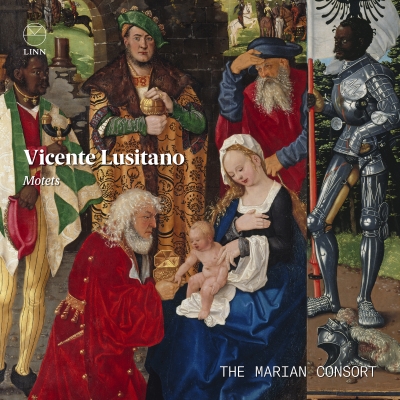


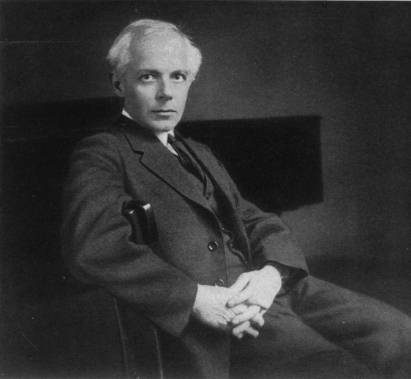



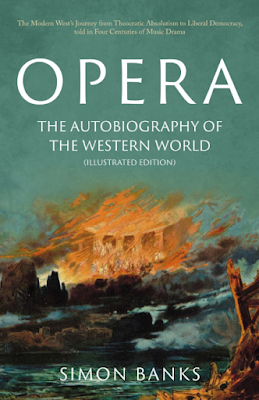

.jpg)

+Andrej+Grilc-01420.jpg)

.jpg)

.jpeg)





.jpeg)